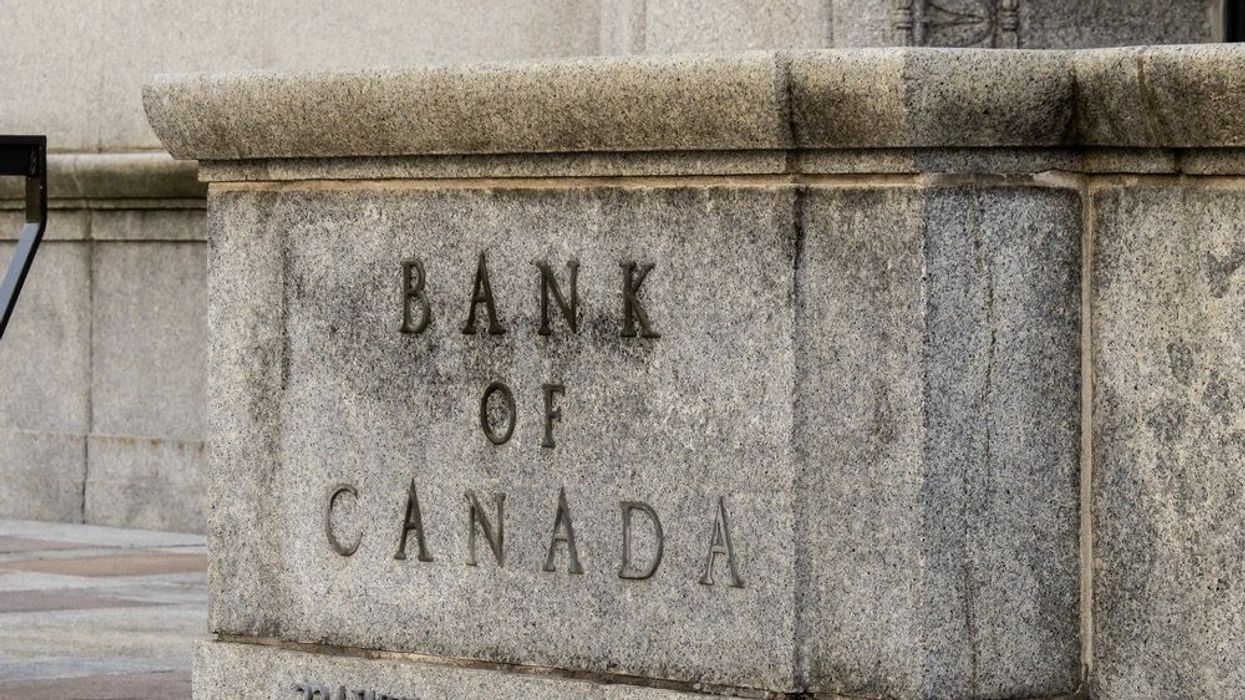The Bank of Canada (BoC) is headed for a major financial loss over the next few years that could spur significant communications challenges, says a new report from the C.D. Howe Institute.
The report, released on Thursday, estimates that the BoC could lose between $3.6B and $8.8B over the next two to three years. These findings come less than two months after the BoC reported that it was $522M in the red during the third quarter of 2022 -- the first loss in the bank's 87-year history.
At the time, the loss was attributed to revenue not keeping up with interest payments the BoC had to make on deposits held at the bank, which grew as interest rates rose in 2022. With the bank now poised to continue on with another rate hike in January, and an increased number of interest payments the bank itself will have to make, the C.D. Howe report is warning of an even greater shortfall.
"With the Bank having recently expanded its balance sheet by buying government bonds and increasing its liabilities to financial institutions, higher policy rates have immediate implications for the Bank of Canada’s own finances," the report reads.
These bonds were largely purchased from financial institutions, with proceeds from those sales typically then put into the financial institutions' settlement balances -- interest-generating deposits made to the BoC. With interest rates now sitting so high, the interest payments the bank is having to make on these settlement balances is more than the interest it's earning on the government bonds, resulting in a net loss.
"While this does not undermine the Bank’s ability to conduct monetary policy, it does create novel reputational and communications challenges for the Bank at a time of elevated public attention on its activities," the report says. "It also creates a direct financial cost for the federal government."
The loss will push the federal deficit higher, requiring the public debt to expand.
The report suggests that the bank could sell some of its current bond holdings to cover the loss, but notes that this would have broader implications on financial markets and "should not be pursued except to help achieve the Bank's policy objectives."
Another route would be for the bank to use a deferred account, allowing them to record current losses against expected profits in the future. Once the BoC does start to be profitable, it would keep those profits rather than dole them out to government bodies. This, however, would require an amendment to the Bank of Canada Act.





















